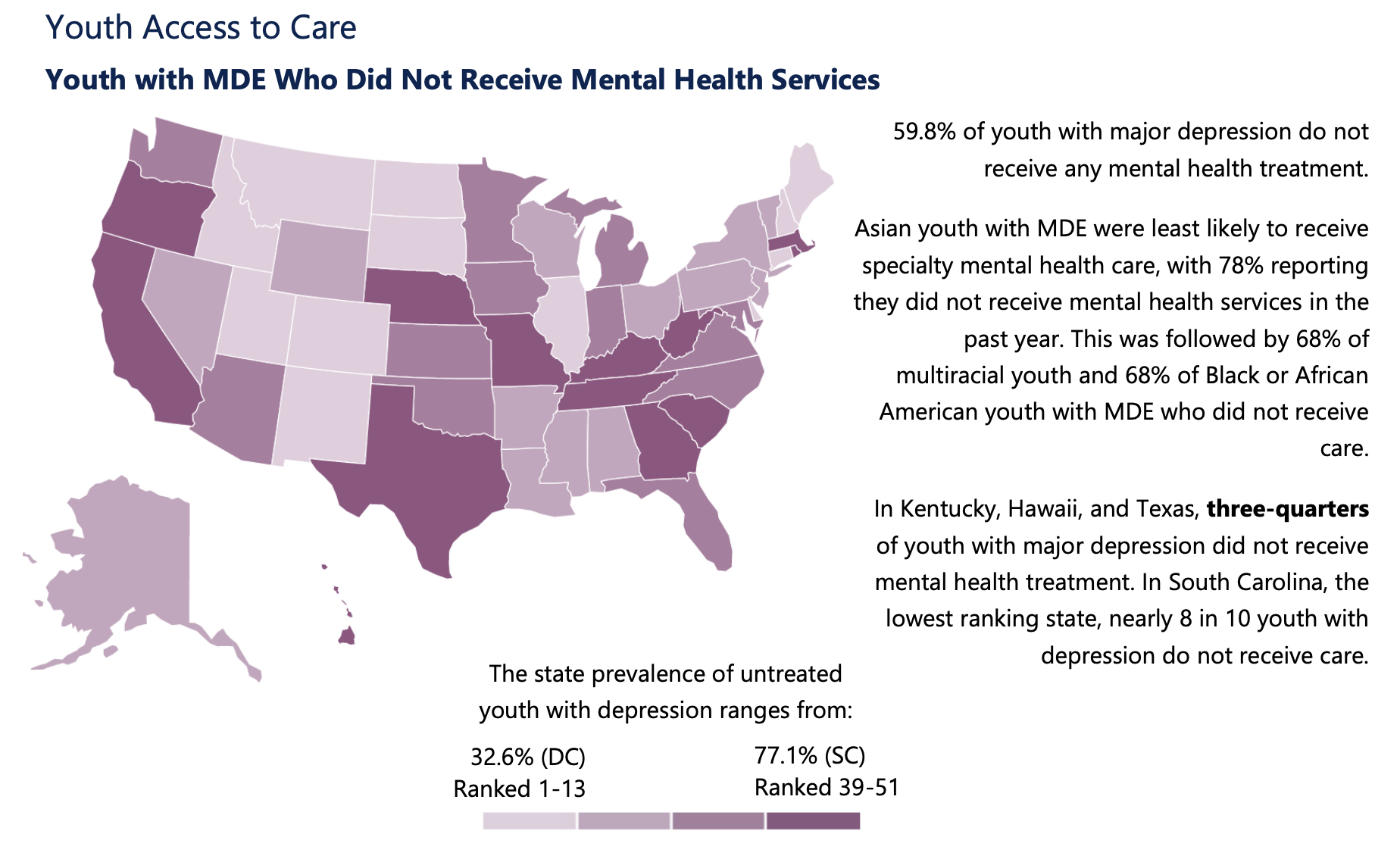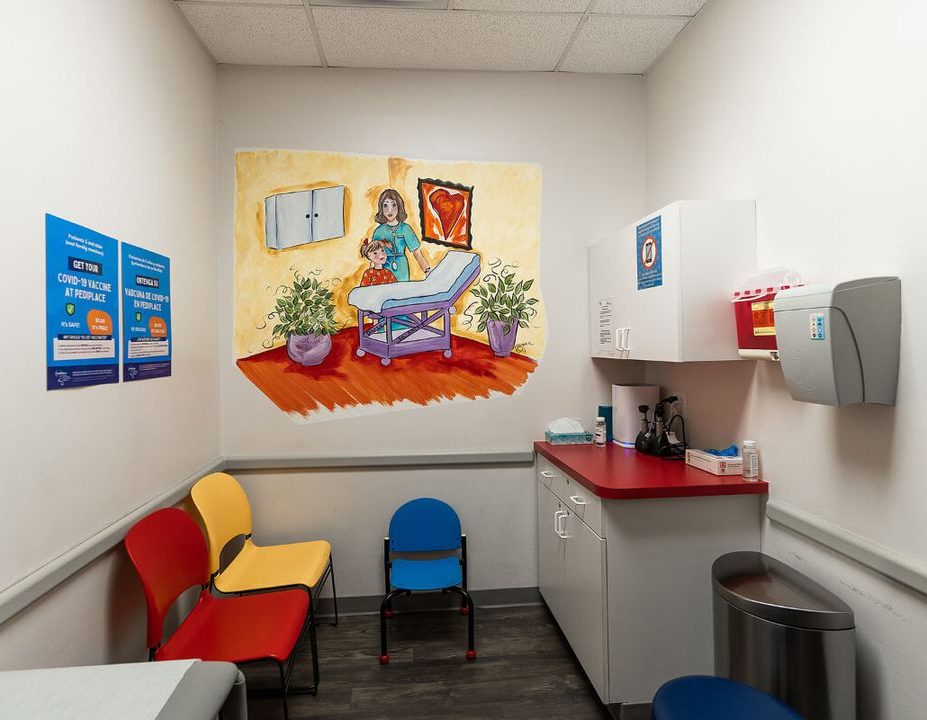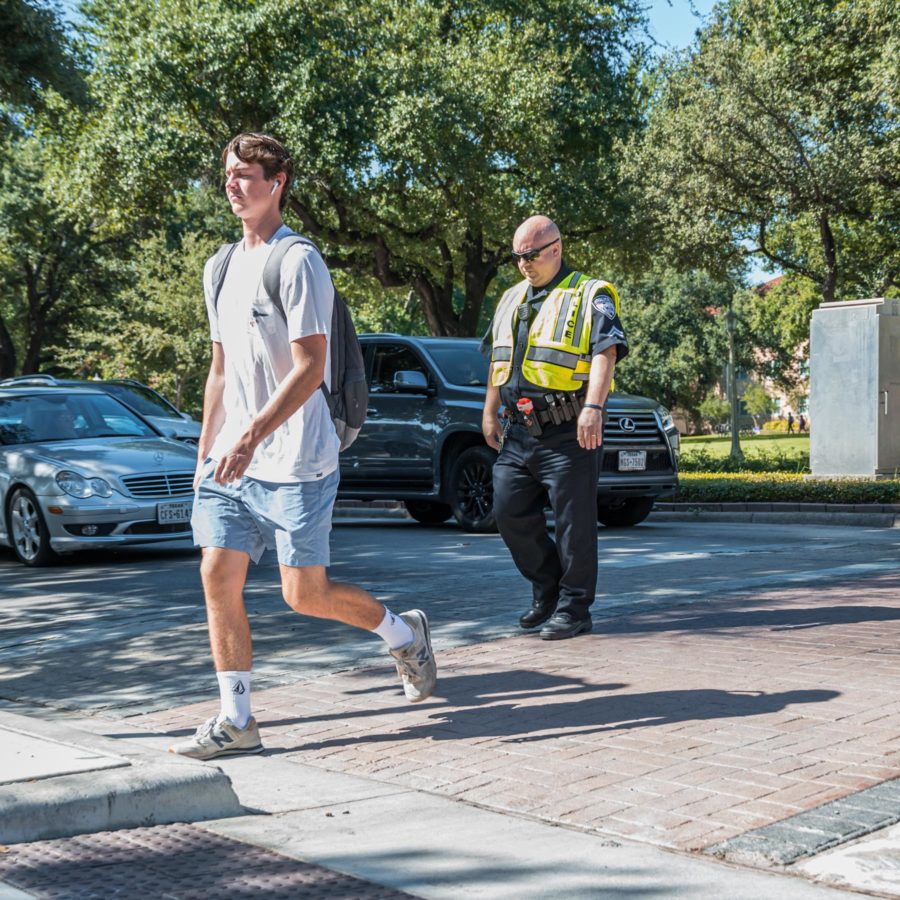Students would have more access to mental health services under a proposal before the Texas Senate.
Senate Bill 176 would allow school districts to contract with local mental health authorities or community-based providers to offer on-campus mental health services. It would also permit parents or guardians to request that a student’s mental health assessment or services be shared with their primary care physician.
The bill sponsored by Sen. José Menéndez, D-San Antonio, also requires the Health and Human Services Commission to allow school districts to enroll as Medicaid providers to receive reimbursement for student mental health services.
More than 4 million low-income families in Texas rely on Medicaid and the Children’s Health Insurance Program (CHIP) for medical coverage. However, Texas Medicaid only covers standard therapy, counseling, medications, or full inpatient hospitalization for children’s mental health services.
“Texas only covers two ends of the spectrum of children’s mental health services: basic therapy/counseling and medications or full inpatient hospitalization,” according to the Texans Care for Children policy brief. “Medicaid coverage does not cover intensive outpatient programs, partial hospitalization, effective community services, or crisis intervention services. The full range of services needs to be available so that parents are empowered to make the choice for what is medically necessary and best for their child.”

Amid the growing mental health crisis among school-aged children, finding and affording services is crucial. Texas ranked 50th among states, with 74.9% of youth with major depression not receiving mental health services, according to Mental Health America’s 2023 findings.
For many low-income families, school may be the only accessible source of mental health care for their child.

The Denton and Lewisville Independent School Districts have worked to improve student access to these services through their partnership with PediPlace, a non pediatric healthcare company that provides treatment to uninsured families and those who are eligible for Medicaid or CHIP.
These partnerships have led to the establishments of two pediatric clinics on-site at both Central Elementary School and Fred Moore High School.
“Many of our students are unable to get into a care provider. Something that should take a day turns into three or four days because it is difficult to get into a primary care physician, or they are uninsured,” said Denton ISD Director of Health Services Nicole Goodman. “It is leading to a lot more absences at our most at-risk campuses.”
As these local initiatives address the immediate needs of students, state-level support through legislation is crucial to sustaining and expanding these efforts.
The new legislation is meant to help districts have the funds to continue to help students when federal dollars allocated during the COVID-19 pandemic are exhausted.
Texans received about $19.2 billion during the pandemic. The Texas Education Agency surveyed 714 or more than half of the state’s school districts. TEA found that 73% of districts directed this money toward mental health efforts. About 85% of those funds had been spent, according to the U.S. Department of Education.
The rest must be spent by March 2026.
“School districts will have to find ways to replace funds or potentially cut mental health programs, which could lead to an increase in mental health- related challenges for students,” according to the Intercultural Development Research Association.
With the growing demand for mental health services and dwindling funding for on-campus support, SB 176 could provide a critical solution for families struggling to access and afford care for their children.




